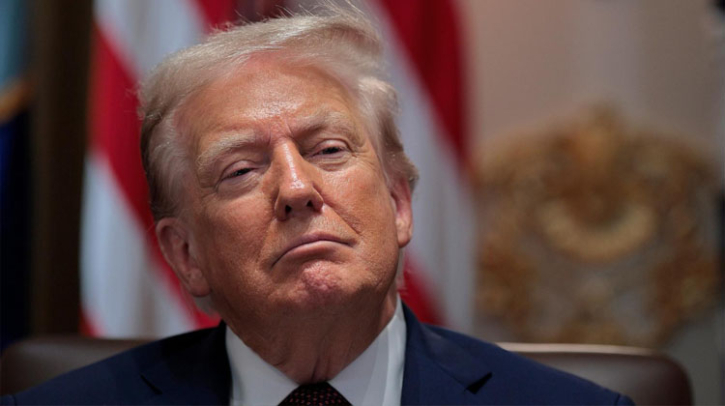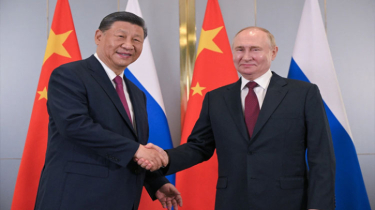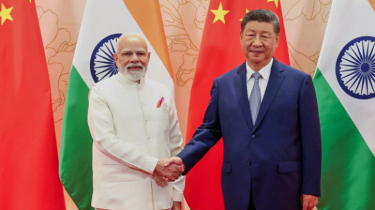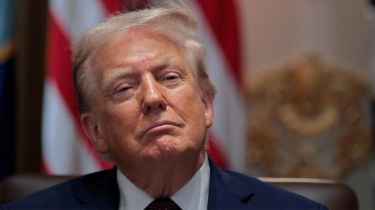Appeals Court Rules Most of Trump’s Global Tariffs Illegal—but Kept in Effect Pending Appeal

Published : 13:18, 31 August 2025
In a major legal setback for President Donald Trump, the U.S. Court of Appeals for the Federal Circuit ruled on August 29, 2025, in a 7–4 decision that the majority of his sweeping global tariffs, imposed under the International Emergency Economic Powers Act (IEEPA), exceed his lawful authority and are therefore illegal.
The court held that, while the IEEPA empowers the president to respond to national emergencies, it does not explicitly authorize the imposition of tariffs, duties, or taxes, which fall under Congress’s legislative authority. The tariffs were found to be “unbounded in scope, amount, and duration,” and challenged the constitutional limits of executive power.
Despite declaring the tariffs unlawful, the court stayed the ruling, allowing the levies to remain in place until mid-October, giving the Trump administration time to appeal to the Supreme Court.
In response, President Trump decried the ruling as politically motivated bias, declaring that “ALL TARIFFS ARE STILL IN EFFECT!” and calling the decision a potential destroyer of the nation. He maintained that tariffs are vital for supporting American workers and companies.
The ruling specifically invalidated several of Trump's tariff initiatives, including the “Liberation Day” tariffs—which imposed a blanket 10% rate across virtually all U.S. trading partners—as well as “reciprocal” tariffs on nations cited for unfair trade practices, drug trafficking, and immigration concerns.
This ruling marks one of the most significant judicial rebukes of Trump’s economic policies and amplifies constitutional scrutiny of executive power. The ruling also aligns with prior decisions by the U.S. Court of International Trade and other lower courts, which had similarly found these tariffs to exceed legal boundaries.
As a result, key questions now loom: Will the Supreme Court uphold or overturn the appeals court decision? And what will be the political and economic consequences, both for domestic importers potentially eligible for refunds and for global trade dynamics?
Sources: BBC News, The Guardian, Reuters
BD/AN











